Observation and Interaction
Author(s): Edward A. Lee
Abstract
This paper connects three concepts in computer science, zero-knowledge proofs, causal reasoning, and bisimulation, to show that interaction is more powerful than observation. Observation is the use of input data plus, possibly, tractable computation, in such a way that the observer has no effect on the source of the data. Interaction is observation plus action that affects the source of the data. Observation lets the data “speak for itself” and is objective, whereas interaction is first-person and subjective. Zero-knowledge proofs are a strategy for building confidence in some fact while acquiring no additional information other than that the fact is likely to be true. They fall short of absolute certainty and they require interaction. This paper shows that absolutely certainty for such scenarios can be modeled by a bisimulation relation. Causal reasoning has also been shown to require subjective involvement. It is not possible by observation alone, and like zero-knowledge proofs, requires first-person involvement and interaction. This paper shows that bisimulation relations can reveal flaws in causal reasoning.
Citation Formats
-
APA
Edward A. Lee. (2019). Observation and Interaction. In International Conference on Language and Automata Theory and Applications (LATA). -
MLA
Edward A. Lee. "Observation and Interaction." International Conference on Language and Automata Theory and Applications (LATA), 2019. -
Chicago
Edward A. Lee. "Observation and Interaction." International Conference on Language and Automata Theory and Applications (LATA), 2019. -
BibTeX
@inproceedings{Lee:19:Observation, author = {Edward A. Lee}, title = {Observation and Interaction},
booktitle = {International Conference on Language and Automata Theory and Applications (LATA)},
pages = {31-42},
year = {2019},
abstract = {This paper connects three concepts in computer science, zero-knowledge proofs, causal reasoning, and bisimulation, to show that interaction is more powerful than observation. Observation is the use of input data plus, possibly, tractable computation, in such a way that the observer has no effect on the source of the data. Interaction is observation plus action that affects the source of the data. Observation lets the data “speak for itself” and is objective, whereas interaction is first-person and subjective. Zero-knowledge proofs are a strategy for building confidence in some fact while acquiring no additional information other than that the fact is likely to be true. They fall short of absolute certainty and they require interaction. This paper shows that absolutely certainty for such scenarios can be modeled by a bisimulation relation. Causal reasoning has also been shown to require subjective involvement. It is not possible by observation alone, and like zero-knowledge proofs, requires first-person involvement and interaction. This paper shows that bisimulation relations can reveal flaws in causal reasoning.},
URL = {https://doi.org/10.1007/978-3-030-13435-8_2}}

